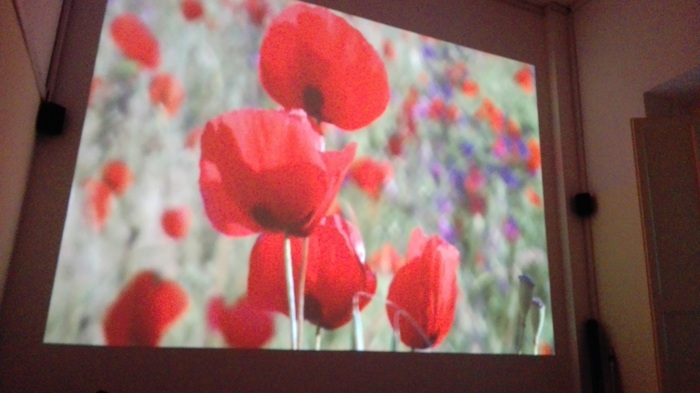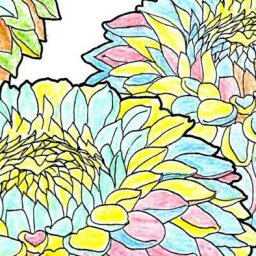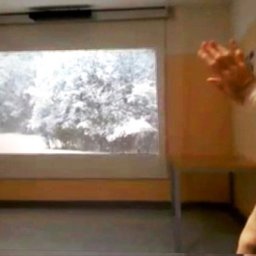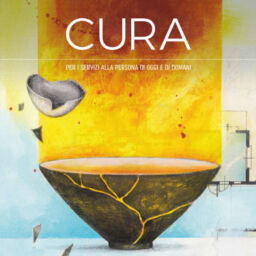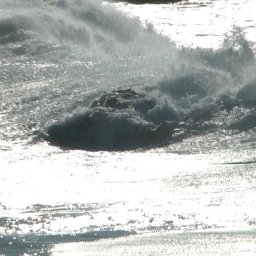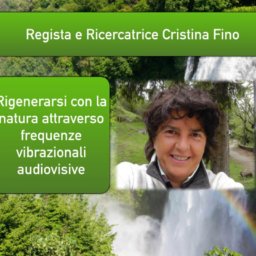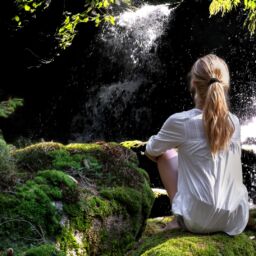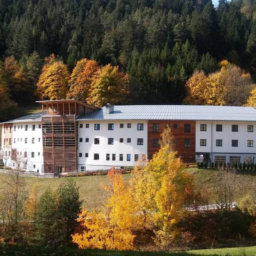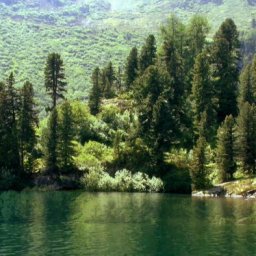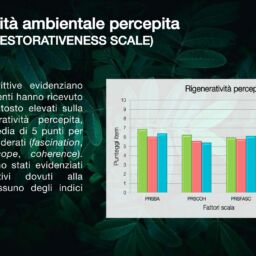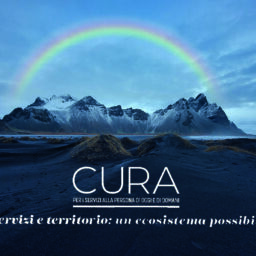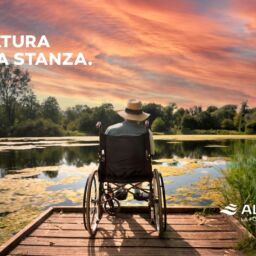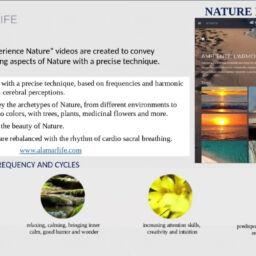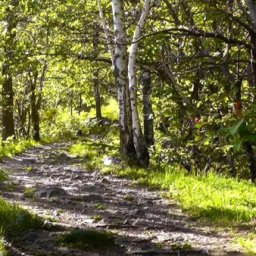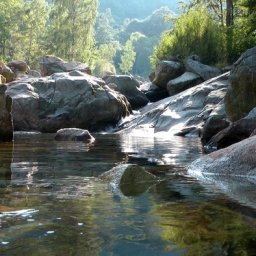A game, an adventure, a projective psychological test.
A tool for story-telling set in Nature.
A non-pharmacological therapy.
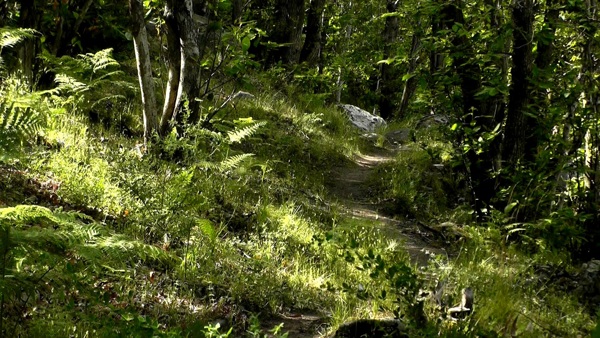
The Imagined Tale allows the creation – individually or in groups – of a story, an adventure, or an outing, going through the various stations proposed by the films. The scenarios chosen each time to continue the story are the stages of the journey.
The person’s internal dynamics are projected onto the images of Nature, a stimulus and evocative suggestion of infinite worlds, all equally possible.
A new, compelling and regenerating way of conducting storytelling.
Nature is the setting for the story, constitutes the narrative structure and allows for a vivid and profound immersion in the story. Moreover, for the entire session, the audience will experience the therapeutic effects of exposure to natural scenery.
The pictures of Experience Nature constitute the mosaic pieces: participants are invited to choose them, experience them, put them in sequence following the story created by group interaction.
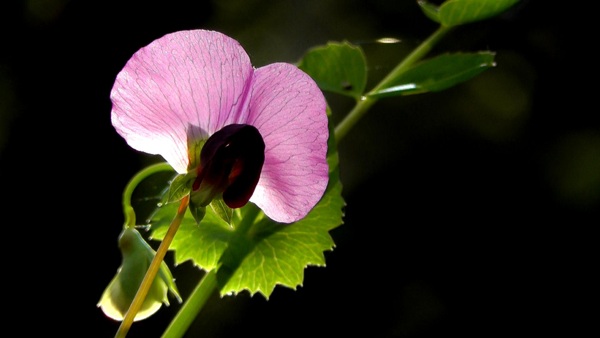
Alamar Life living pictures, thanks to their ability to relax, bring serenity and good mood, increase sociability and creativity, and stimulate memories even in people with severe cognitive impairment, are the ideal partner for conducting creative storytelling sessions.
Natural sceneries stimulate imagination and concentration and at the same time support storytelling by providing the setting in which the story moves.
Each film suggests a story, which may unfold – through the emotions aroused by the images – towards an imaginative composition, or give rise to a re-enactment arising from shared memories.
Case history ‘Piedmont Nursery School’
“This project opens up many possibilities, has a lot of potential for application and is a great tool for such young children and for children with emotional, relational and motor instability difficulties”.
Raffaella Castrale, kindergarten teacher
Case history ” Alzheimer’s Unit Cremona
“My use of Experience Nature videos is aimed at stimulating the imagination. The objective is not the recovery of memory; memories sometimes come out spontaneously and become appendages of the story. The focus is on the imagination, on what is not visible, to activate a freer dimension that is detached from logical-cognitive consequentiality, to move into a territory of great freedom”.
Iris Dall’Aglio, dementia social educator, Certified Timeslips facilitator (Timeslips storytelling for dementia Project)

Case history “LTC Santa Maria”, Cles (TN) Italy
“We had a session on the sea, bringing the basin with sand, with water, with shells … we had ice cream because at the sea you don’t eat cookies but you eat ice cream. It was very, very emotional because one of our residents, who speaks very little and has really big difficulties, told us about how he met his wife, just at the sea, he even started crying and when we told his daughter about it, she also got very emotional because it was a memory she had as a child, but she had forgotten it and now she has it alive again.”
Samanta Noldin, social educator
Case history “Alzheimer’s Unit Perugia” Italy
“Recordings of baseline blood pressure values, made after the viewing and storytelling activity, revealed an objective drop of 20 mmHg in both antihypertensive-treated and nonpharmacologically treated cases.”
Cristina Falomi, social educator
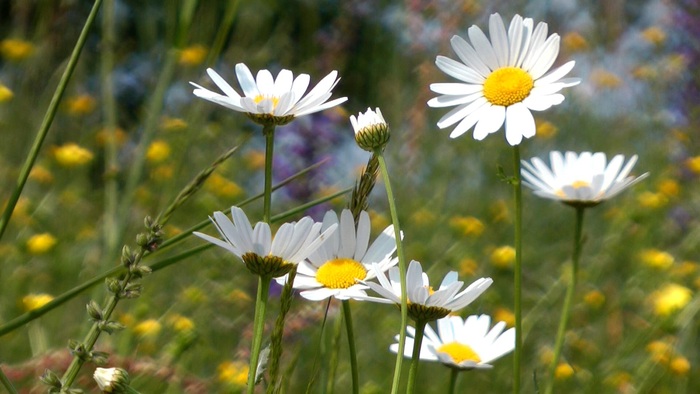
Case history “Casa Serena Foundation” Brembate Sopra (BG) Italy
“Rereading the stories made makes us realize the richness of this proposal, which does not end in the time of the actual narrative, but continues on the written page. We are collecting them with the idea of enhancing and highlighting them, carefully guarding them.”
Paola Buelli, social educator

Case history LTC Villa Serena, Solagna (VI) Italy
“This led to the idea of an iconographic dictionary that we are creating by choosing an element each time (e.g., water or blueberry) and each person enriches it according to their own vision (tap, lake, drops or jam, fruit juice, blueberry undergrowth, etc.). We are doing this in dual language as we have our own elderly Albanian woman, so we favour her learning and a multicultural experience through these experiences”.
Enrica Pontin, dementia social educator


